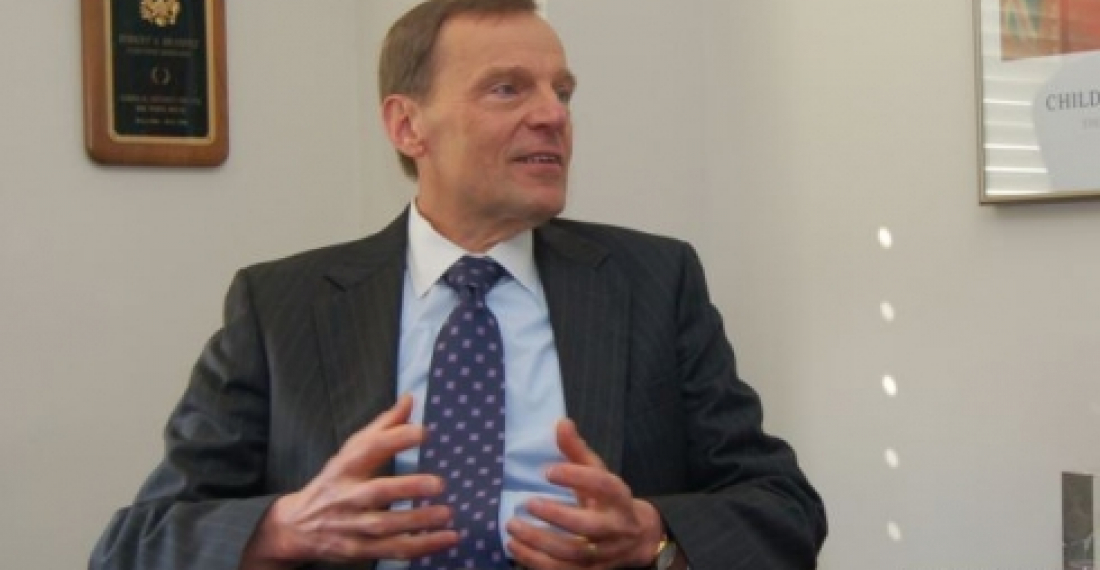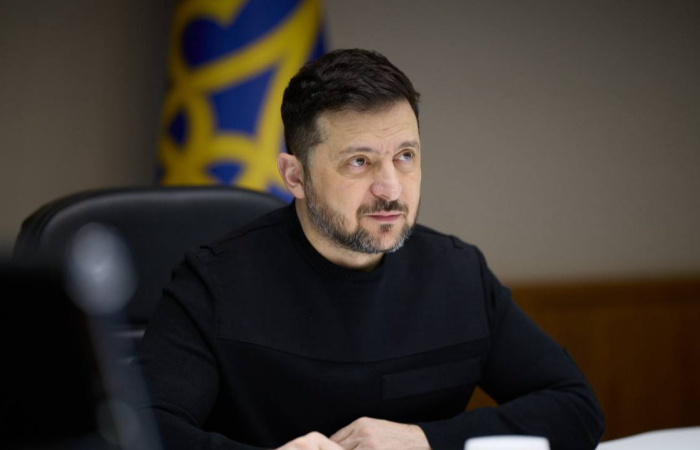The American representative on the OSCE Minsk Group that is facilitating the negotiations for a solution of the problem between Armenians and Azerbaijanis over Nagorno-Karabakh, Ambassador Robert Bradtke, has given a wide ranging interview to Radio Liberty during which he reflected over the last twenty years of the peace process and on the prospects for the future. Bradtke's interview came amidst increasing criticism of the process and its format in international circles.
Bradtke however dismissed the criticism and said that lack of trust between the sides make them fail to undertand that they are closer to finding a solution than they themselves realise. The American diplomat said "I don't think that the problem of our inability to reach a peace agreement has been the format of the Minsk Group or the format of the co-chairs. The problem is that these are very difficult questions. The differences between the sides are very great, and frankly, there's a lack of trust. Changing the format is not going to address any of those things. Those things will continue."
In the interview Robert Bradtke also spoke about the importance of people to people dialogue. He stated that "If you look back from the 20-year perspective, what we now see is a generation in Armenia and Azerbaijan growing up that has really not lived side by side. They have not had the personal relationships that might help them understand better the perspectives of the other sides and that might help them overcome stereotypes that one sees all too often in the media in Armenia and Azerbaijan."
Bradtke emphasised that in the view of the co-Chairs "the status quo is unacceptable", adding that "for that reason, I think that in 20 years we must resolve this conflict. We must make progress in resolving this conflict. We cannot in 20 years look back and see the same situation we have today".
The full interview is available here.
source: commonspace.eu with Radio Liberty (www.rferl.org)
photo: The US co-Chair of the OSCE Minsk Process Robert Bradtke. (picture courtesy of RFE/RL).







